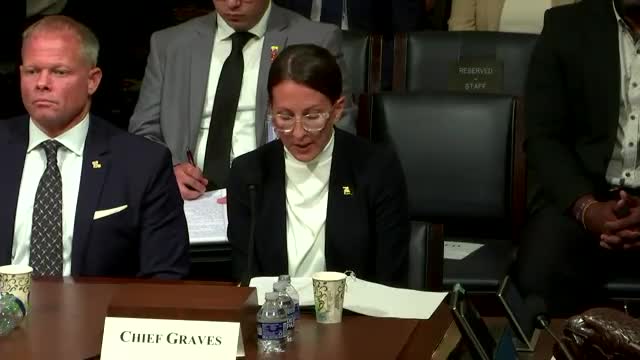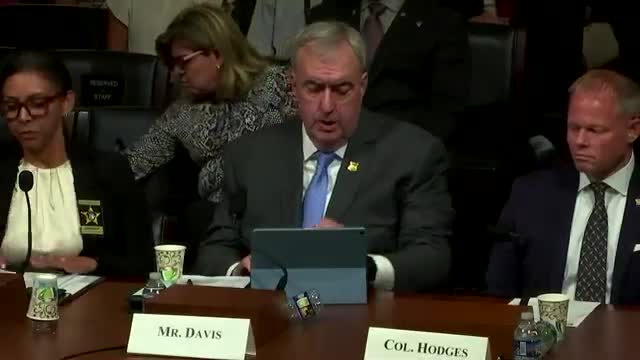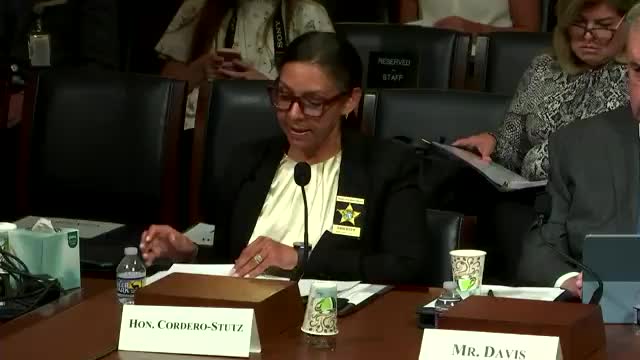Article not found
This article is no longer available. But don't worry—we've gathered other articles that discuss the same topic.

Host-city leaders warn timing and guidance on federal World Cup/Olympics grants must be clarified

Former Boston commissioner, fusion-center leaders and chiefs stress fusion centers, FirstNet and AI for event security

Miami-Dade details new three-tier entry protocol after Copa America gate breaches

